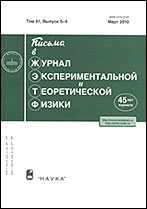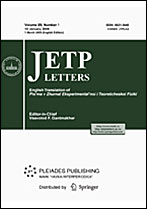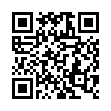|
|
Pis'ma v Zhurnal Èksperimental'noi i Teoreticheskoi Fiziki, 2005, Volume 81, Issue 7, Pages 437–441
(Mi jetpl1718)
|
 |
|
|
This article is cited in 1 scientific paper (total in 1 paper)
QUANTUM INFORMATION SCIENCE
Using of small-scale quantum computers in cryptography with many-qubit entangled states
K. V. Bayandin, G. B. Lesovik
L. D. Landau Institute for Theoretical Physics RAS,
117940, Moscow, Russia
Abstract:
We propose a new cryptographic protocol. It is suggested to encode information in ordinary binary form into many-qubit entangled states with the help of a quantum computer. A state of qubits (realized, e.g., with photons) is transmitted through a quantum channel to the addressee, who applies a quantum computer tuned to realize the inverse unitary transformation decoding the message. Different ways of eavesdropping are considered and the estimation of the time, needed for determining the secret unitary transformation, is given. It is shown, that using even small quantum computers can serve as a basis for very efficient cryptographic protocols. For a suggested cryptographic protocol the time scale on which communication can be considered secure is exponential in the number of qubits in the entangled states and in the number of gates used to construct the quantum network.
Received: 13.12.2004
Revised: 09.03.2005
Citation:
K. V. Bayandin, G. B. Lesovik, “Using of small-scale quantum computers in cryptography with many-qubit entangled states”, Pis'ma v Zh. Èksper. Teoret. Fiz., 81:7 (2005), 437–441; JETP Letters, 81:7 (2005), 351–355
Linking options:
https://www.mathnet.ru/eng/jetpl1718 https://www.mathnet.ru/eng/jetpl/v81/i7/p437
|


|





 Contact us:
Contact us: Terms of Use
Terms of Use
 Registration to the website
Registration to the website Logotypes
Logotypes







 Citation in format
Citation in format 
